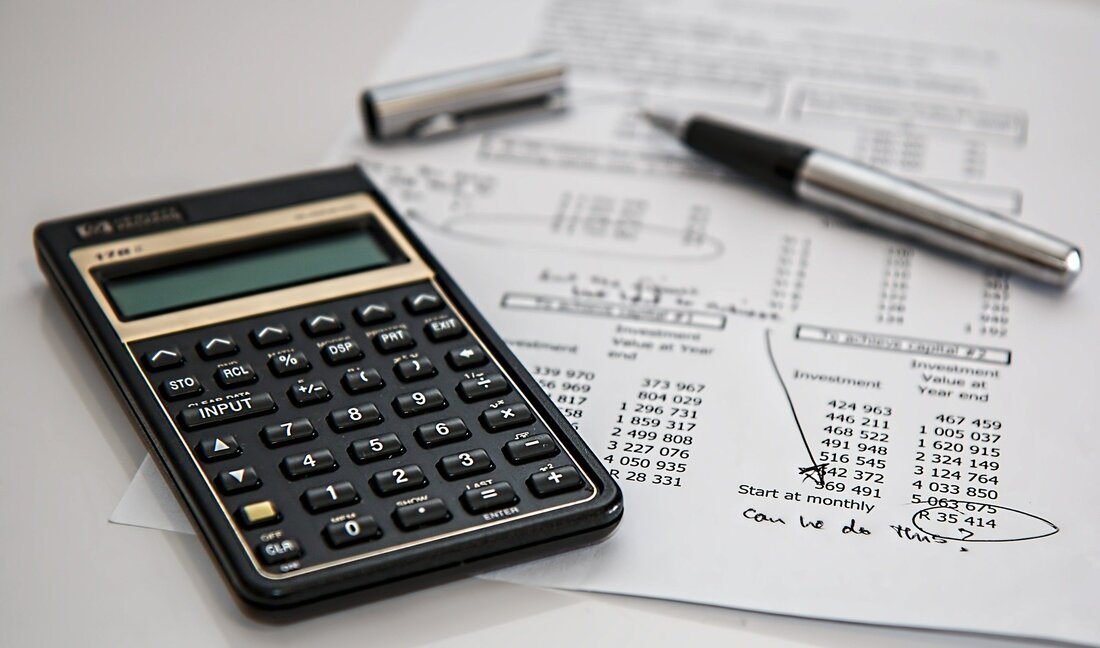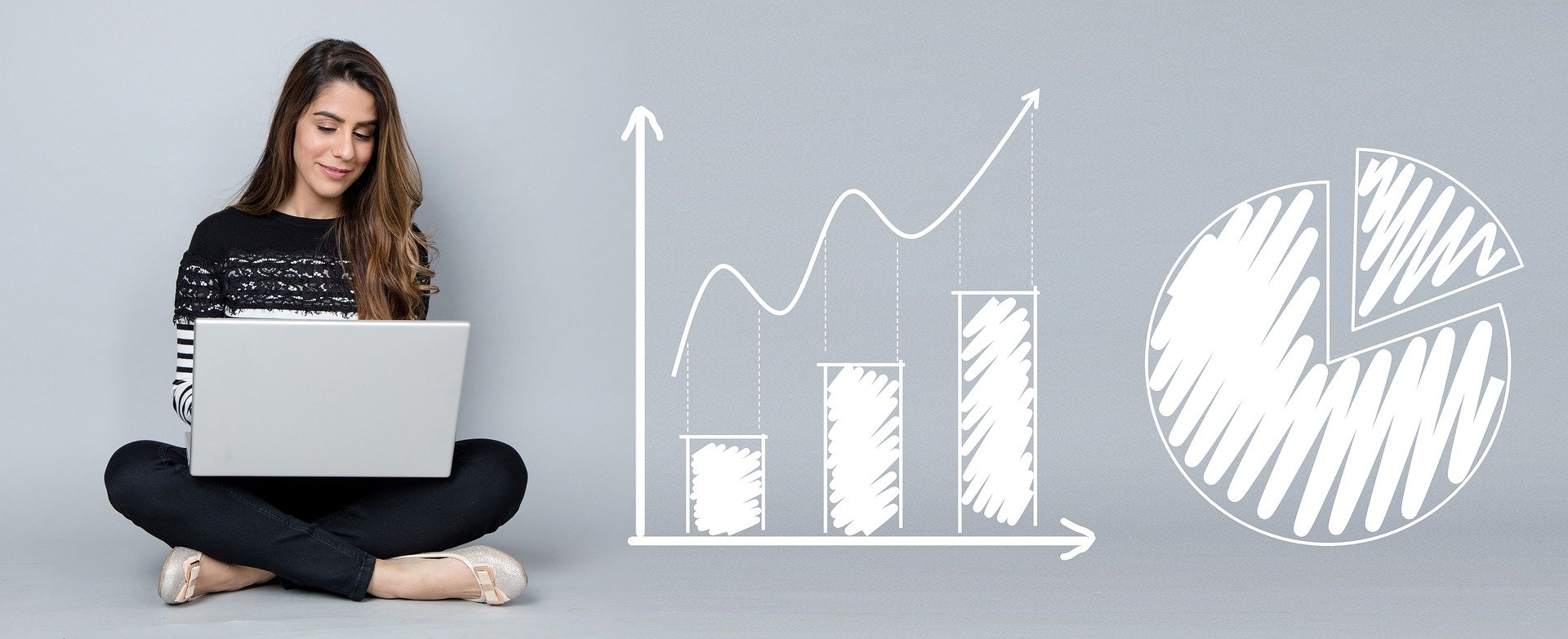|
1. Which loan forgiveness application should sole proprietors, independent
contractors, or self-employed individuals with no employees complete? Sole proprietors, independent contractors, and self-employed individuals who had no employees at the time of the PPP loan application and did not include any employee salaries in the computation of average monthly payroll in the Borrower Application Form automatically qualify to use the Loan Forgiveness Application Form 3508EZ or lender equivalent and should complete that application. 2. Do lenders need the original copy of the the loan forgiveness application or supporting documents? No, they do not need the original documents, scanned copies are acceptable. 3. Will I need to make payments on the loan? The borrower will need to submit the forgiveness application within 10 months after the covered period. If the loan is fully forgiven then the borrower is not responsible for any payments. If only part of the loan is forgiven or is denied completely then repayment will need to be made for the remaining balance of the loan. 4. When do I need to submit my loan forgiveness application by? The SBA requires that the loan forgiveness application is submitted before 10 months after the covered period (24 weeks after receiving the funds) 5. What will happen if I do not fill out the application within the 10 month period? The first payment will be due and you will need to start making payments until the loan forgiveness application is submitted. Borrowers have until the maturity date (2-5 years) to submit the application. For more information on the loan forgiveness payroll cost, loan forgiveness nonpayroll costs, loan forgiveness reductions, or the economic injury disaster loan (EIDL) visit : https://www.sba.gov/sites/default/files/2020-10/PPP%20--%20Loan%20Forgiveness%20FAQs%20%28October%2013%2C%202020%29.pdf
0 Comments
These past 6 months have proven to be a challenging time for all of us, but mostly for our small businesses that have taken a direct hit. Some small businesses had to close their doors completely because of the financial hardship they have encountered. During this time, Governor Pritzker and the Illinois General Assembly has set up a program that will offer $636 million (Business Interruption Grants Program) for small businesses to help alleviate some financial burden due to lost revenue. The funds may be used to help businesses with overall capital expenses such as payroll costs, rent, utilities and any other approved operational cost.
Round 1 - In August, the initial round of funding was specific to restaurants, personal care services, gyms, fitness clubs, and any businesses located in DIA's (disproportionately impacted areas) which expanded to over 2,800 businesses in 400 towns and 78 countries all throughout IL. The average Grant was around $17,000 and went to the minority-owned businesses in economically distressed communities. Round 2 - Funding is aimed at all types of small businesses, with a particular focus area downstate and businesses that have been unable to reopen or operating on a diminished capacity since Covid-19 started back in April. With this new funding amount of $220 million there will be provisions and stipulations to ensure a wide range of distributions geographically and across all business types. For more information or to Apply for the new Business Interruption Grant visit their website at: website. https://www2.illinois.gov/dceo/SmallBizAssistance/Pages/C19DisadvantagedBusGrants.aspx Tax season is upon us once again, raising a question we are asked more than anything else:
Why Should I Hire a Tax Preparer? In the modern age with several apps, websites and software programs available at the click of a button, more people than ever are choosing to do their own taxes from home, not involving a tax professional at all. In this article, we will explore why you should consider hiring a tax professional and what to consider when deciding on doing your own taxes. To successfully manage your finances, you need to take into account the basics.
How much do you earn? How much do you spend? These may seem like simple questions with simple answers, however when people look at their bank statements their memory gets jogged usually by several small transactions made throughout the month. These charges may be for a quick bit to eat, a little gas or a payment to a babysitter but the fact that remains that these are outgoing expenses you need to keep track of in order to realize where your finances are. |
BlogCategoriesArchives |



